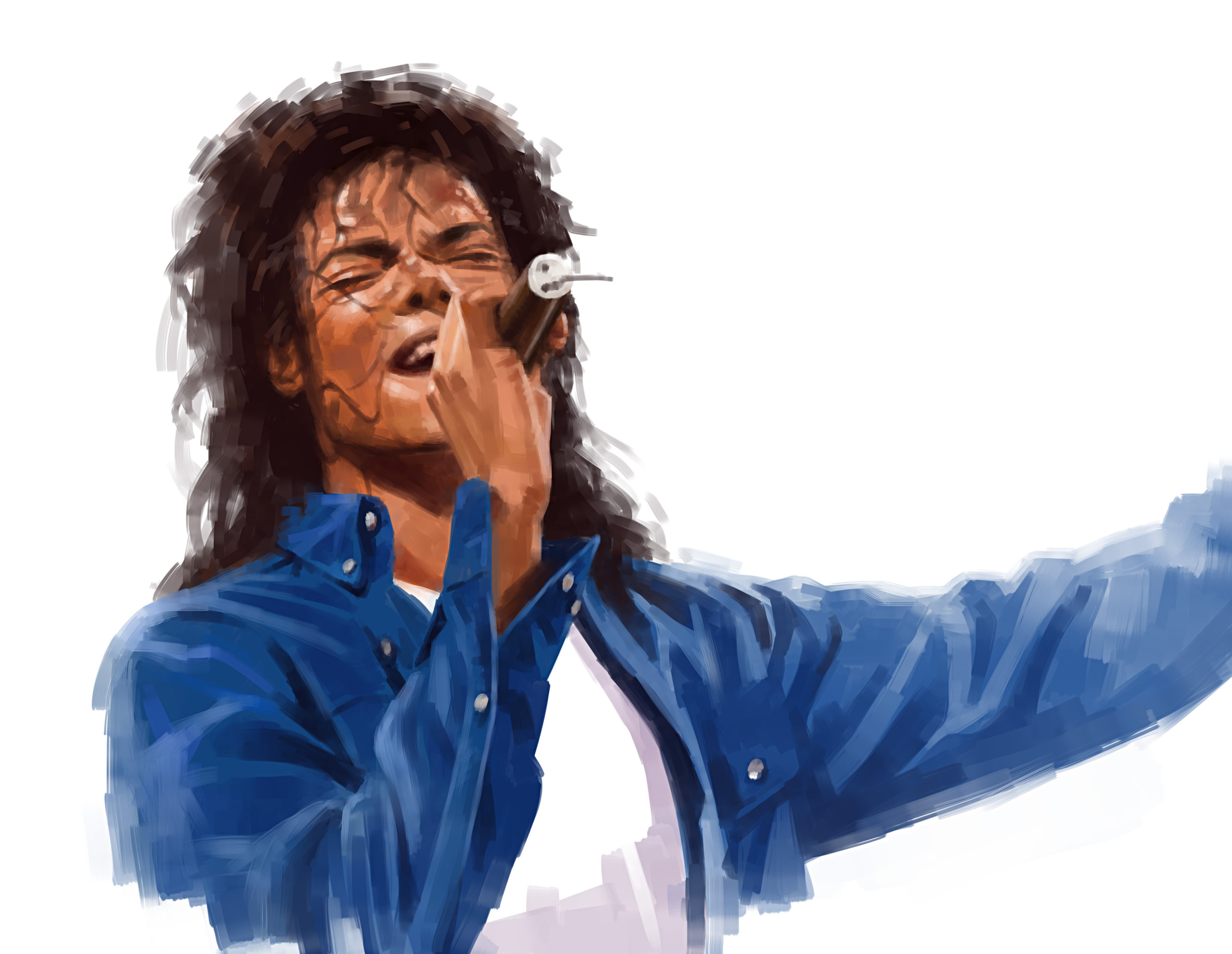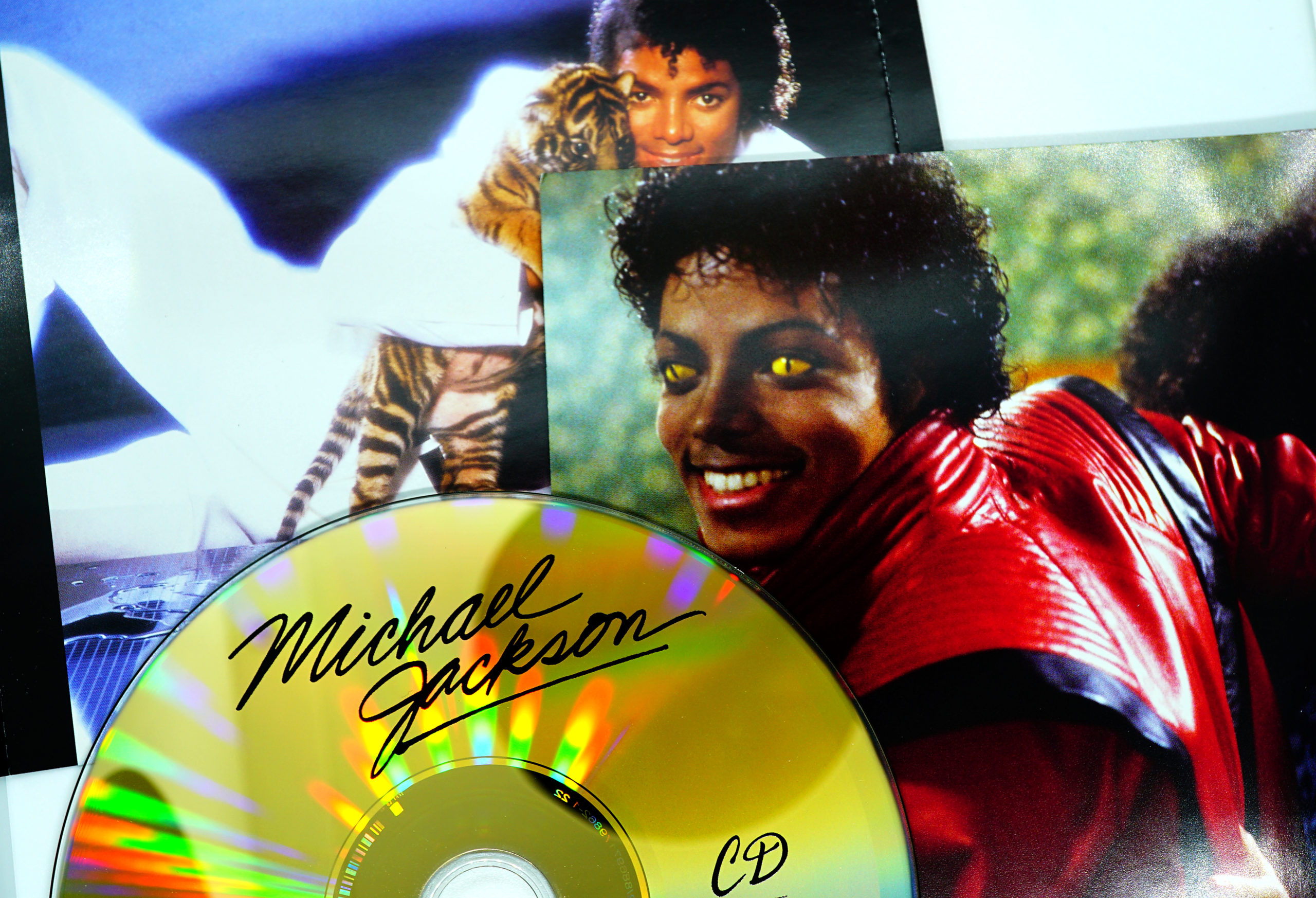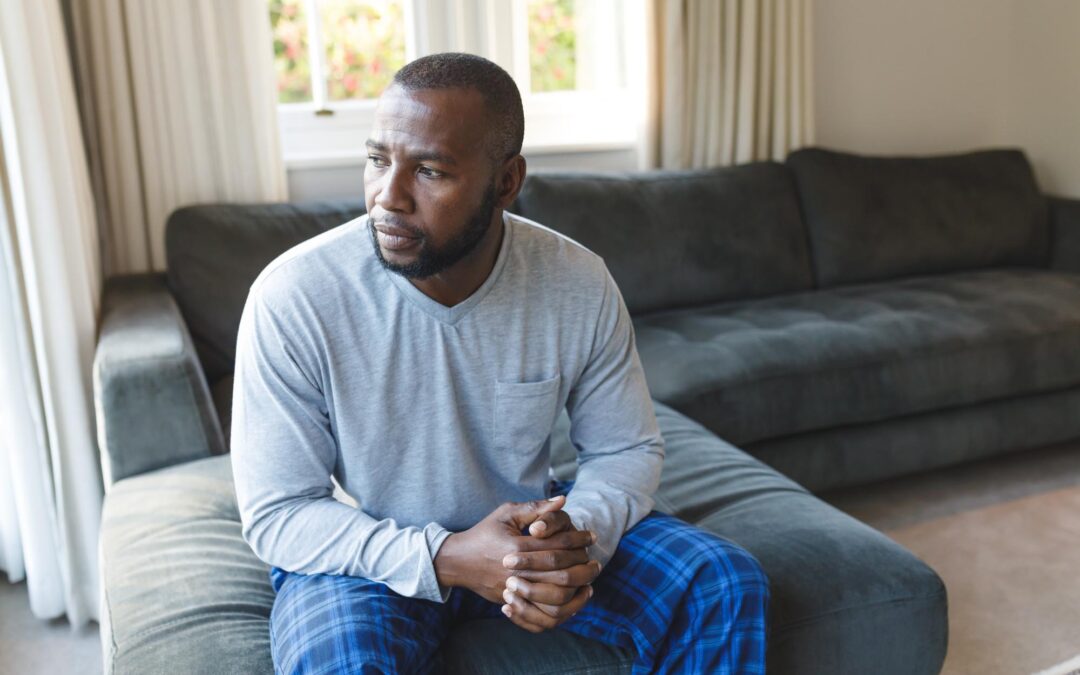Updated 01/31/2022
When Did Michael Jackson Die?
25th June 2009 was a regular day like any other until the world received shocking news on the untimely death of ‘The King of Pop’ Michael Jackson as many would refer to him. His death was declared a homicide. His physician, Dr. Conrad Murray, was later charged and convicted in a court of law for administering the drugs that killed the pop star. An autopsy revealed that acute propofol intoxication was the primary cause of his death. So, what drug killed Michael Jackson? Let’s find out!
On the previous day, the pop star was rehearsing for his comeback tour, and with the piled-up pressure, he complained about his inability to sleep. Dr. Conrad Murray gave him a series of drugs that would help him relax, and later on, the pop star would be found unconscious. Michael Jackson was then rushed to the hospital, and he was found in cardiac arrest, and he was not breathing.https://www.youtube.com/embed/FcJwzPz_6no?feature=oembed
Efforts to resuscitate him for more than an hour were futile. Dr. Murray was found guilty of involuntary manslaughter in 2011 and thereby sentenced to a jail term of four years but only served two years as he was released on parole. Other drugs were also detected upon the completion of Michael’s autopsy, such as diazepam, lidocaine, and ephedrine.
Prosecutors accused Murray of giving the pop star Propofol in large dosage to aid in sleeping and left him unattended. The physician’s defense team said that he gave himself a powerful anesthetic overdose. The Los Angeles County coroner concluded that the pop star died from acute propofol intoxication.

What Drug Killed Michael Jackson? Propofol!
On June 25, 2009, American singer Michael Jackson died of acute propofol and benzodiazepine intoxication at his home on North Carolwood Drive in the Holmby Hills neighborhood of Los Angeles. Propofol is a short-acting drug that puts an individual asleep during general anesthesia for surgery and other medical purposes by slowing down one’s nervous system and activeness. Sometimes referred to as ‘milk of anesthesia,’ propofol is insoluble in water, and it consists of an oily, white solution that must be refrigerated before it is used.
Soybean oil, glycerol, and fats purified from egg yolks are constituents of the solution. Propofol is often regarded as safe for Individuals who are allergic to eggs since they are allergic to the proteins in eggs rather than the fat. Regardless, some people may have allergic reactions.
Most people were not familiar with propofol until the popstar’s case since anesthesiologists mainly used it. Propofol results in loss of consciousness and, therefore, is often used as an induction agent. It is also administered in lower doses for conscious sedation of Individuals getting surgical outpatient procedures.
Propofol Use as a Sodium Thiopental replacement
Propofol was introduced as a replacement induction agent for sodium thiopental, a traditional barbiturate that is no longer in the market. Sodium thiopental is often used to execute individuals with fatal injections. Therefore, some countries and groups that resist the death sentence have piled up pressure on suppliers using legal means, among other methods.
Anesthesiologists use large proportions of propofol ranging between 100-200 ml of propofol for general anesthesia, followed by smaller amounts continuously depending on an Individual’s body weight in micrograms every minute. While the drug is infused into an Individual’s vein, pain is incurred, and a local anesthetic is injected first before propofol, such as lidocaine, to ease the pain.
Since propofol reduces an Individual’s blood pressure and also restrains breathing, patients need to be continually monitored thus should not be left unattended.
Propofol for Mild Sedation
Propofol is used at times for outpatient surgical procedures as it puts Individuals in a tired, subconscious state. It neither causes nausea nor vomiting, and its duration of action lasts between five to ten minutes and typically wears off fast. Slight loss of memory may also be incurred by a patient afterward.
Propofol Abuse
Like any other drug, propofol can be prone to abuse by Individuals, causing lethal overdoses in some instances. Research studies conducted on volunteers by the University of Utah, Division of Emergency Medicine doctors, Courtney Wilson, Peter Canning, and E. Martin Cavarati showed that propofol gave anesthetic patients pleasant dreams.
It also gives pleasurable effects, and the sensational feeling is explained as a ‘high’ or ‘drunk’ state. In addition to that, they also noted that Individuals could develop propofol tolerance hence may require more of the drug to attain a high feeling. Its illegal use is more natural to conceal because of the short-acting factor that makes it wear off fast.
There were 45 recorded cases of propofol abuse, in which 40 of them involved medical practitioners, and 18 of them led to death between 1992-2009 from a medical literature search. A survey from Academic Anesthesiology Training Programs indicated that 18% of the samples of propofol abuse had happened in 10 years that is 1995-2005.
Propofol use should be regulated since it’s a controlled substance like any other potent anesthetic drug.

Is Michael Jackson dead or alive?
Michael Jackson was also known as “The King of Pop.” He is regarded to be one of the 20th century’s most influential cultural icons. Jackson was a best-selling American singer, songwriter, and dancer. He was born on Aug. 29, 1958, in Gary, Indiana. Jackson was famous as a child when he belonged to his family’s own Motown group, The Jackson 5. He became their lead singer and moved on to his own solo career.
On June 25, 2009, Michael Jackson was pronounced dead. The singer died of acute propofol and benzodiazepine intoxication in his home. He lived on North Carolwood Dr. in Holmby Hills, Los Angeles. It’s over 10 years since the King of Pop died but some fans can’t move on – the shocking, heartwarming, and downright bizarre stories that have been doing the rounds recently.
We all miss the King of Pop, but some people genuinely believe he is still alive. Yes, really. A strange conspiracy theory that Michael Jackson is still alive has been revived thanks to a lookalike baffling fans with his moonwalk.
Yet, many people have provided evidence that produces much suspicion that the singer is still alive.
Jackson’s body went into cardiac arrest, the initial cause of his death. Yet, the singer happened to have a closed casket funeral where no one could see his body. The cardiac arrest would not have done much to his physical appearance to make a closed casket a necessity. However, more controversy about his casket arose as images of an open casket holding “the body of Michael Jackson” soared across the web. Within this image of the casket, you can see an African-American man in similar attire to Jackson’s laying there. However, it has been proven that this image is false information. As one can see, the body in the image does not match the singer’s complexion due to his plastic surgery and enhancements in his later years. However, this truly raises suspicion of how information conveying his body is so mysterious.
Many people have taken up the time to dress up and role-play as the singer. They learn to sing and dance just like him which can be hard to match without such talent. However, many have come to believe that one of these role-players must be the real Jackson. These singers have gone to the point of getting the same procedures done to replicate the exact image of Jackson’s facial structure. Creepy, right?
However, this last piece of evidence is the most deceiving of them all. After Jackson’s death, he was taken away in a coroner’s van from his home in LA. Just as anyone does after death, a coroner will come and take care of the deceased body and proceed to have it prepared for the funeral. However, a video had been released of what looks to be the exact van that took his body away. Within the video, the van pulls into some sort of parking garage or unknown public area and the gates suddenly close behind it. The back doors of the van open and a man, who resembles Michael Jackson, walks out the back and into the building never to be seen again. This piece of evidence really sparks the idea that the singer is still alive and escaping away from society.
What Kind of Addiction Help Can You Get At CNV Detox & Rehab in Los Angeles, California?
CNV Detox & Rehab in Los Angeles, California is an accredited drug and alcohol treatment center by several reputable associations. We offer residential programs for drug and alcohol addictions. We provide opiate detox, alcohol detox, heroin detox, prescription drug treatment, and co-occurring disorders.
We focus on treating your withdrawal symptoms and also ensure that you are comfortable and even treat you respectfully as you begin your recovery. There is a reason why people opt for CNV as the best detox treatment program for themselves or their loved ones. Visit us today or book an appointment with us to get individualized treatment based on your personal needs.
If you need FREE help please contact the National Helpline about mental and/or substance use disorders, prevention, treatment, and recovery in English and Spanish.







